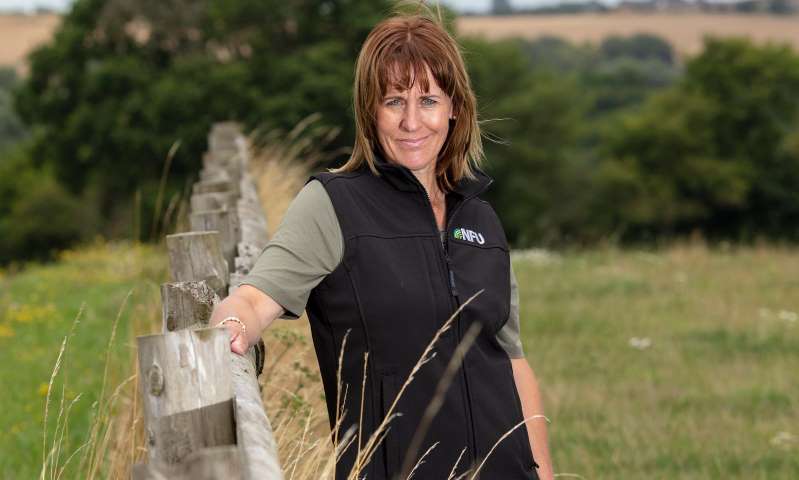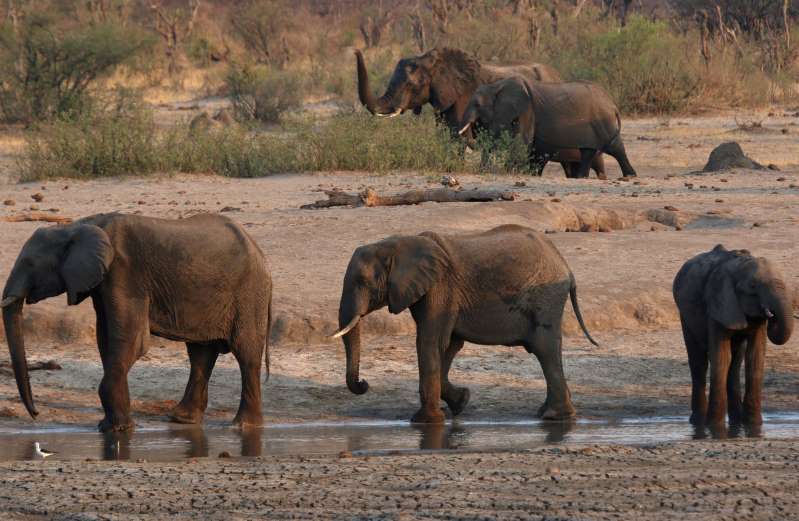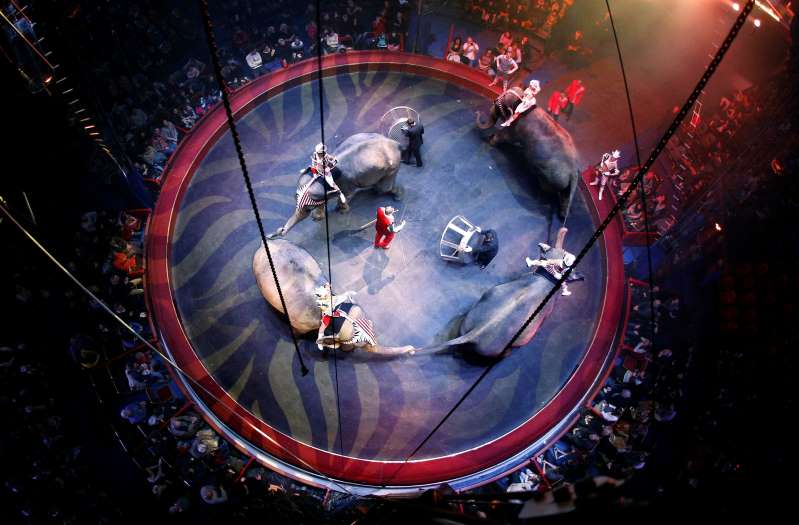Farmers call on UK to commit in law to ban chlorinated chicken
![]()
![]()
![]()
![]()
![]()
![]()
Farmers call on UK to commit in law to ban chlorinated chicken
The National Farmers’ Union (NFU) has called on the UK government to make a legal commitment to ban chlorinated chicken and hormone-fed beef from supermarket shelves
In advance of new agriculture legislation, the NFU president, Minette Batters, said she was not demanding that imported chickens should luxuriate in “10ft-high straw beds” but that the UK’s high standards of animal welfare should be imposed on imports.
“We’ve had so much talk about chlorinated chicken. The thing is, if we don’t put a marker in the sand, if government doesn’t put a red line down in the agricultural bill, that allows secondary legislation on any day of the week effectively to change it. You have to put that marker down and say: ‘No, you know, we’re going to stick by our word today,’” she said.
In an exchange with the international trade secretary, Liz Truss, at the Conservative party conference, Batters called on the government to support the Curry amendment to the agriculture bill, which returns to the House of Commons on 12 October.

Lord Curry’s amendment is designed to give the recently assembled trade and agriculture commission (TAC) a stronger role in scrutinising trade deals.
Truss came under repeated fire over the lack of perceived scrutiny in parliament for trade deals from the government’s food tsar, Henry Dimbleby, who called for full parliamentary scrutiny, including evidence and witness accounts to select committees of all post-Brexit trade deals.
He has also called on Truss to put a health expert on the TAC before the nation’s bus stops and billboard are “covered in ads for Hershey bars”. “Our diets are already one of the worst in the world, and we do not want to make it any worse,” he said.
Process of parlimtr scrutiny of trade deals Liz Truss today at #CPC20
- ind trade comm looks at signed deal
- verified by impact assessment (envir, welfare, economic)
— lisa o'carroll (@lisaocarroll) October 4, 2020
Truss rejected the accusation of secrecy and said all signed trade deals would go before an independent trade commission chaired by the SNP’s Angus Brendan MacNeil, who was not a “government patsy”.
They would also be subject to an impact assessment process to analyse economic and social consequences, and their report would go before parliament and be debated. Under the so-called Crag process it could be blocked indefinitely if there were an objection.
She also said industry players would be consulted in confidence on key elements of trade deals. The tariff offer from the US was about to be shared with “trusted” advisory groups from 11 sectors under non-disclosure agreements.
Reference: The Guardian: Lisa O'Carroll, Brexit correspondent 12 hrs ago04/10/2020
Zimbabwe plans to send dead elephants' brain tissue to U.S. for toxin tests






Zimbabwe plans to send dead elephants' brain tissue to U.S. for toxin tests
HARARE (Reuters) - Zimbabwe plans to send brain tissue samples from dead elephants to the United States to test for toxic micro-organisms blamed for hundreds of elephant deaths in neighbouring Botswana, the parks authority said.
Thirty-four elephants have died in western Zimbabwe since Aug. 24, Parks and Wildlife Management Authority director general Fulton Mangwanya told a parliamentary committee in a statement on Monday.
Botswana blamed toxins produced by cyanobacteria for the deaths of 330 elephants this year.
Sometimes called blue-green algae, cyanobacteria are microscopic organisms that are common in water and can produce toxins that damage the liver or nervous system of animals and humans.

Scientists say the toxins are occurring more frequently as climate change drives up global temperatures.
"Permits have been applied for, and we are ready to send samples to the U.S.A. for DNA analysis... If necessary brain tissues will be sent for analysis of the blue-green algae cyanobacteria toxins," Mangwanya said.
"All results to date point to the cause of these elephant deaths in Zimbabwe being a disease known as hemorrhagic septicaemia."
Zimbabwe is home to some 80,000 elephants, around a fifth of Africa's total, conservationists estimate. Overall numbers have declined sharply in recent years, mostly due to a combination of poaching, illegal hunting and drought.
Post mortems on some of the Zimbabwean elephants showed that they had inflamed livers and lungs. The elephants were found lying on their stomachs, suggesting an extremely sudden death, Mangwanya said.
Park officials have said that the biggest threat to Zimbabwe's elephant herd is overpopulation and that lower rainfall this year could again leave the animals facing starvation, after at least 200 died in 2019 from a lack of water and food.
Reference: Reuters: 5 days ago: 30/09/2020
Kitten born with 'frog legs' is walking tall after receiving physiotherapy






Kitten born with 'frog legs' is walking tall after receiving physiotherapy
An adorable kitten born with a rare condition which left her with splayed "frog legs" is now walking tall after defying the odds thanks to pioneering physiotherapy.
Heartwarming footage shows little Pomegranate taking her first steps after vets feared she would never walk due to a birth defect known as "Swimmers Syndrome."
The condition left the poor puss unable to move her hind legs properly, causing them to awkwardly splay out to the side in a frog-like posture.
Reference: Birmingham Mail: Duration: 01:41 5 days ago: 30/09/2020
France to ban use of wild animals in circuses






France to ban use of wild animals in circuses
PARIS (Reuters) - France will gradually ban the use of wild animals in circuses, phase out orca and dolphin shows and will ban mink farming for fur, the environment minister said on Tuesday.
The transition will take several years and existing animal shows will receive government support to switch to a new model, Environment Minister Barbara Pompili told a news conference.
"Today, I announce the progressive end of the presence of wild animals in travelling circuses, a ban on the presence of orcas and dolphins in dolphinariums not adapted to the needs of marine mammals, and the end of mink farming for fur," she said.
She said the measures would affect about 80 circuses, which have some 230 animals, including big cats, elephants, hippos, wolves and others.

France, which has three dolphinariums, will not allow the opening of new ones and wants the closure of existing ones within seven to 10 years. She also wants the closure of four mink farms within five years.
The state will provide an aid package of more than 8 million euros ($9.36 million) to help animal shows switch to a new business model.
Some 20 European countries have already banned or limited the presence of wild animals in circuses. In France, many cities already do not allow circuses with wild animal shows to pitch their tents.
Head of the French animal shows association William Kerwich said the ban is "a knife in the back" of an industry already hurting from coronavirus crowd limits.
"It will put people out of work. And who will take care of the animals, they are born in captivity, they cannot be set free in the wild," he said on BFM television.
Animal rights group Fondation Brigitte Bardot said in a statement it would welcome all circus animals, "who are currently kept captive and exploited in terrible circumstances".
Reference: reuters: 5 days ago: 30/09/2020

 How to resolve AdBlock issue?
How to resolve AdBlock issue?